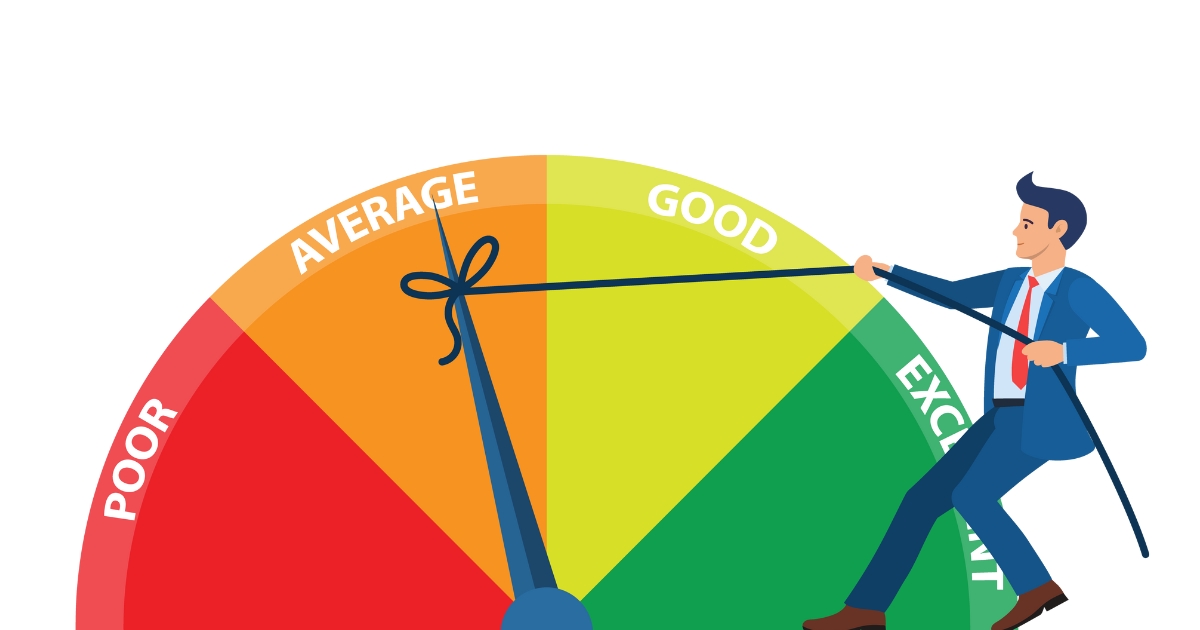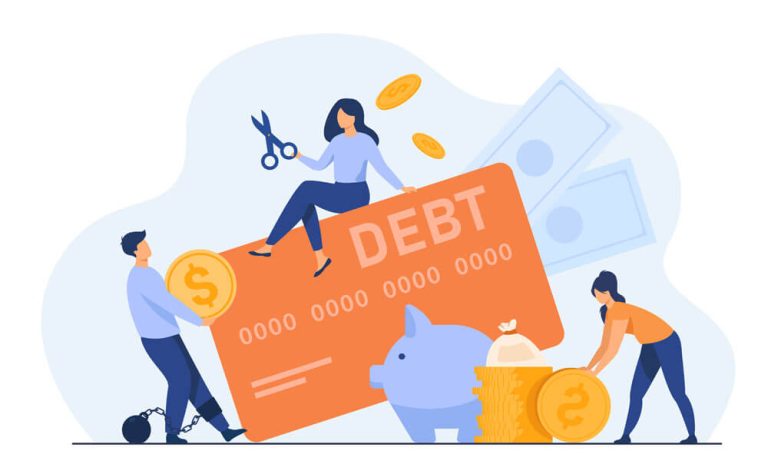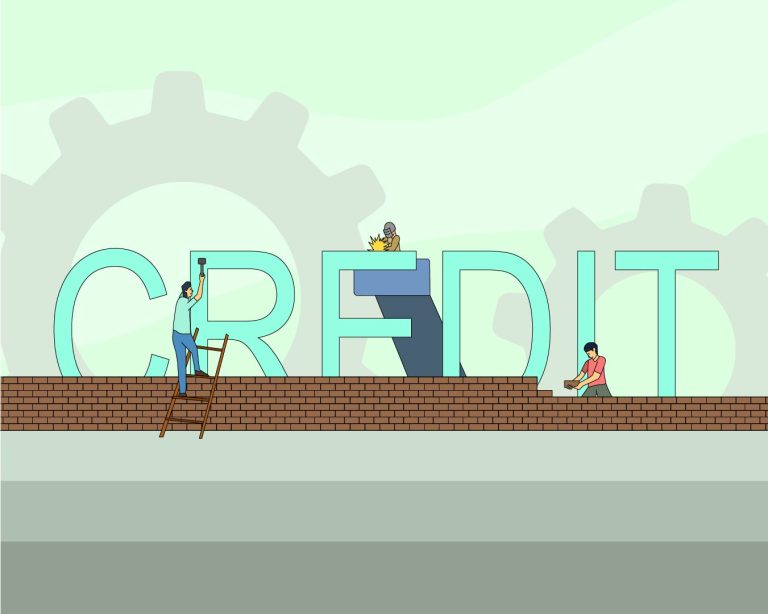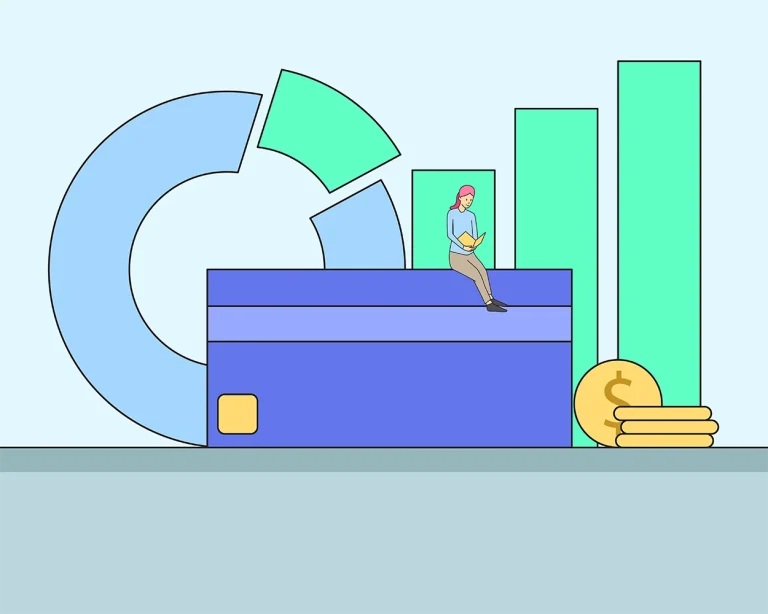Credit repair services are important for a good credit score to secure loans, reduce interest rates, and get financial stability. However, later payments, errors, or high debts negatively impact the score.
Additionally, these services identify inaccuracies, dispute negative items, and provide strategies to rebuild positive scores. Credit repair services also assist with issues such as identity theft, which can damage credit scores.
How do Credit Repair Services Work?
Credit repair service assists both individuals and businesses to improve their credit profile by addressing errors and negotiating with creditors. For individuals:
- A credit report analysis is done by the professional to review credit reports including errors or outdated information, that may negatively impact credit score.
- They resolve disputes with credit bureaus on the behalf of the individual, aiming to remove or correct erroneous entries.
For businesses:
- Business credit evaluation is done by assessing the company’s credit report to detect inaccuracies.
- They negotiate with suppliers and financial institutions to address negative entries and improve credit terms.
Most of the individuals prefer to take credit repair services. Thus, in 2023, the U.S. credit repair industry generated $6.6 billion in revenue, a compound annual growth rate (CAGR) of 2.8% since 2018. The employment trend is also increasing because this industry employed around 51,822 workers in 2023.
Common Credit Issues
Many U.S. individuals and businesses struggle with credit-related challenges impacting their financial stability and borrowing power. The issues are:
- Late Payments: Payment history makes up to 35% of a credit score. Every missed payment can negatively impact credit standing.
- High Credit Use: Using more than 30% of available credit can lower scores. Higher balances or credit cards show financial instability to lenders.
- Error on Credit Report: Mistakes in reporting personal information, late payments, or accounts can damage credit. The Federal Trade Commission (FTC) found that 1 in 5 consumers has a credit report error.
Step-by-Step Process to Improve Score
Improving credit scores required systematic financial planning and consistent effort. The steps to improve credit score are:
- Checking Credit Report: An individual or businesses can obtain a free credit report from different platforms such as Experian, Equifax, and TransUnion. This report helps to review errors, missing payments, or outdated information.
- Timely Bill Payment: Payment history makes up to 35% of credit score. Thus, it is important to set up autoplay or reminders to ensure that no payment is missed.
- Decreased Credit Card Balance: Keep credit card usage below 30%, pay all existing debts, and avoid maxing out credit cards.
Conclusion
In summary, credit card services are important for both individuals and businesses to improve credit scores. This leads to better financial outcomes like easy loan approval, reduced interest rates, and improved credit access.
Maintaining a healthy credit score opens doors to better financial opportunities and long-term economic success. This is done by fixing errors, reducing debts, and using credit cards responsibly.










